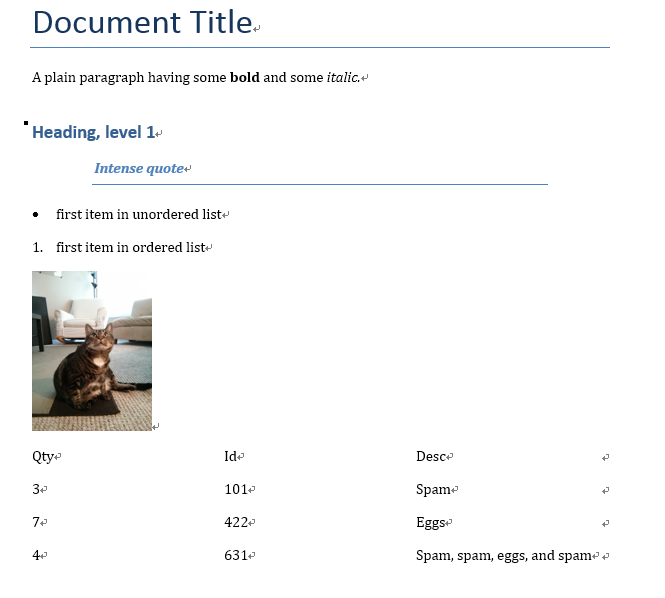Leetcode - Strings Simple
##49. Group Anagrams[M]
https://leetcode.com/problems/group-anagrams/
Description
Given an array of strings, group anagrams together.
Example:
1 | Input: ["eat", "tea", "tan", "ate", "nat", "bat"], |
Note:
- All inputs will be in lowercase.
- The order of your output does not matter.
Solution
https://leetcode.com/problems/group-anagrams/solution/
1 | class Solution: |
706. Design HashMap[E]
https://leetcode.com/problems/design-hashmap/
Description
Design a HashMap without using any built-in hash table libraries.
To be specific, your design should include these functions:
put(key, value): Insert a (key, value) pair into the HashMap. If the value already exists in the HashMap, update the value.get(key): Returns the value to which the specified key is mapped, or -1 if this map contains no mapping for the key.remove(key): Remove the mapping for the value key if this map contains the mapping for the key.
Example:
1 | MyHashMap hashMap = new MyHashMap(); |
Note:
- All keys and values will be in the range of
[0, 1000000]. - The number of operations will be in the range of
[1, 10000]. - Please do not use the built-in HashMap library.
Solution
1 |
All articles in this blog are licensed under CC BY-NC-SA 4.0 unless stating additionally.
Comment





